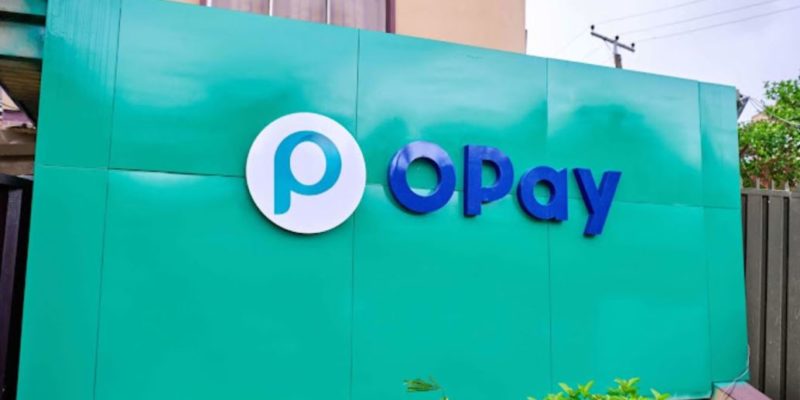By Moses Braimah
Out of curiosity, I decided to spend some time today exploring the @OPay app – not just for its regular transfers or bill payments that most of us are familiar with, but to see beyond the obvious.
RELATED: OPay named Nigeria’s most innovative fintech by Vanguard Newspapers
Frankly, I was flummoxed, flabbergasted, and totally astonished.
The people behind this platform have gone far beyond what we traditionally understand as fintech. They have practically built a financial super ecosystem that touches almost every aspect of daily life in Nigeria.
Beyond the regular transfers, airtime top-ups, and bill payments, I found integrations that span:
- Ecommerce: Direct links to AliExpress and Temu for seamless checkout.
- Insurance: Access to major insurance providers for health, motor, and travel plans.
- Power & Telecoms: Instant purchase of electricity tokens and mobile data across all networks.
- Savings & Investments: Multiple savings options – flexible, fixed, and goal-based – with real-time interest tracking.
- Travel & Lifestyle: Flight bookings, hotel reservations, and even visa payments (including Chinese Embassy applications) right from the app.
- Logistics & Food: Food delivery options, transport and POS-related services.
- Cards & POS Services: Virtual and physical debit cards, merchant tools, and payment gateways for SMEs.
And yet, they are still expanding – quietly adding micro-lending, virtual account services, and merchant financing, redefining what it means to “bank” without a bank.
Diaspora remittance as next frontier
At this rate, I won’t be surprised if diaspora remittance becomes their next frontier. The infrastructure and data depth already suggest the potential for a borderless payment experience.
This is no longer just a fintech app. Opay has evolved into a lifestyle – a digital operating system for Nigerian everyday life.
As innovation races ahead, the regulators clearly have their work cut out for them. How do you govern a platform that is no longer just processing money, but shaping the entire digital economy?
One thing is clear: Opay is not slowing down. It’s charting a new course for how millions live, pay, and prosper in a cashless Nigeria.
Where is Opay going from here? And what will this mean for the future of digital finance in Africa?

Braimah is an advocate for good governance and sustainable progress






























